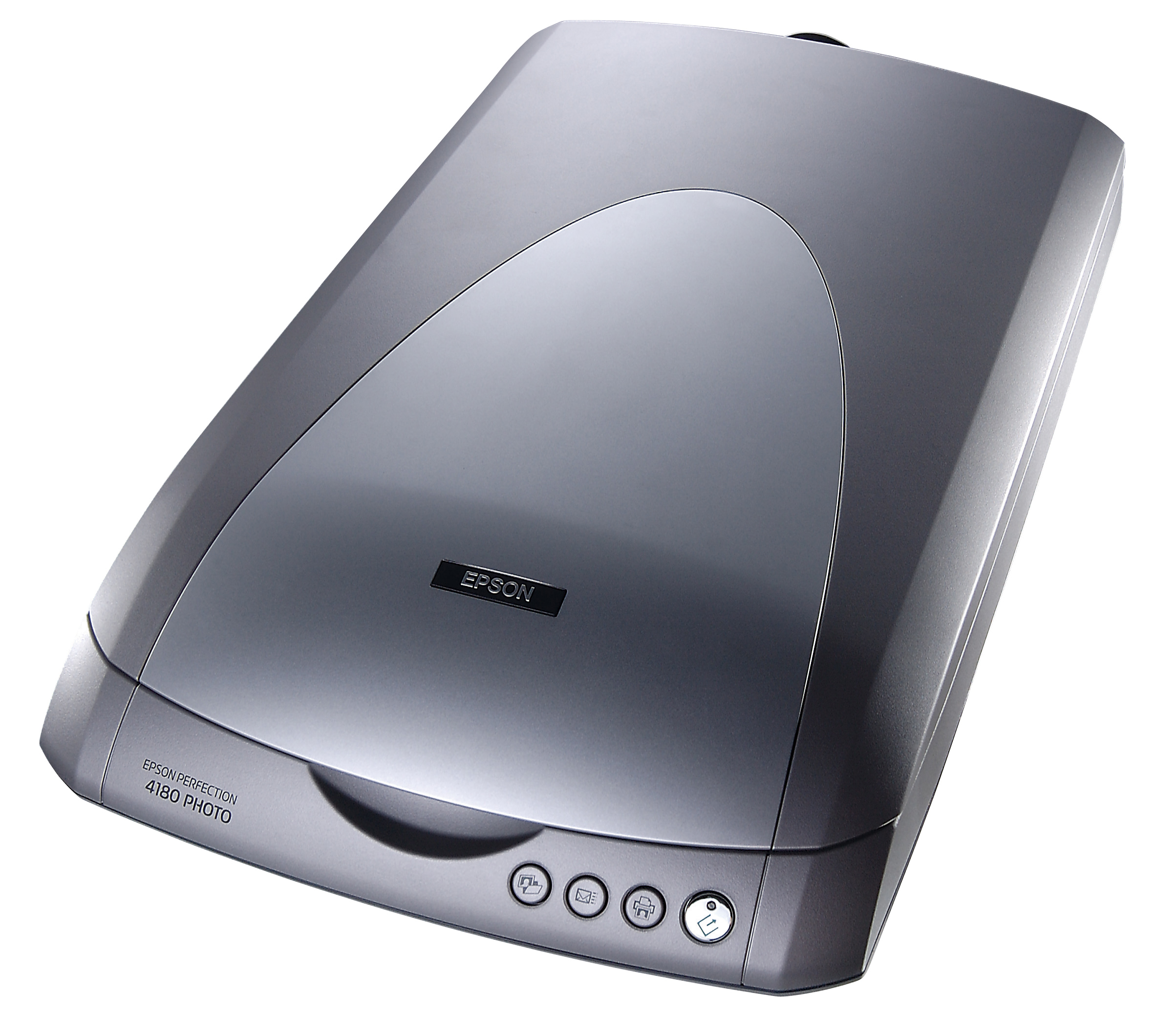TechRadar Verdict
Unless you're planning on large-format film, then this is great value
Pros
- +
Good resolution
Scans up to 6x6 film
Includes Photoshop Elements
Cons
- -
Quite noisy
Can't scan large-format film
No SilverFast software included
Why you can trust TechRadar
For an extra £120 on the price of an Epson 2480 scanner, you can get a far better-built model for your cash. The Epson Perfection 4180 is a chunkier scanner than the 2480, and has a larger-format film adapter as standard.
In many ways, there's little difference in the document scanning ability between the 4180 and its cheaper sibling. The resolution on the 4180 is considerably higher, with an optical figure of 4,800dpi and a stepper motor that takes the vertical resolution as high as 9,600dpi.
For most regular document scanning, this level of resolution is way above the level normally used, as 300dpi is a more usable resolution. So why bother paying the extra?
It's in the film department that the 4180 really starts to notch up the brownie points. With such a high resolution it's possible to scan in 35mm frames with a level of detail that enables much larger prints to be produced. What's more, the Perfection 4800 has a very respectable optical density figure of 3.4D Max.
That's the sort of measurement we're used to seeing on professional pre-press scanners and it certainly brings out a greater levels of shadow detail than a cheaper scanner could.
For anyone who has to scan multiple 35mm frames or film sizes larger than 35mm, the Perfection 4180 is a really good bet. If you're into family history and have a box full of old negatives in non-standard or large film formats, this model is ideal. It's not too expensive, but the flexibility offered by the film unit covers all eventualities. Unless you're planning on scanning 5x4 glass plates, then the 4180 offers everything you need from a film scanner. Mark Sparrow
Tech.co.uk was the former name of TechRadar.com. Its staff were at the forefront of the digital publishing revolution, and spearheaded the move to bring consumer technology journalism to its natural home – online. Many of the current TechRadar staff started life a Tech.co.uk staff writer, covering everything from the emerging smartphone market to the evolving market of personal computers. Think of it as the building blocks of the TechRadar you love today.
